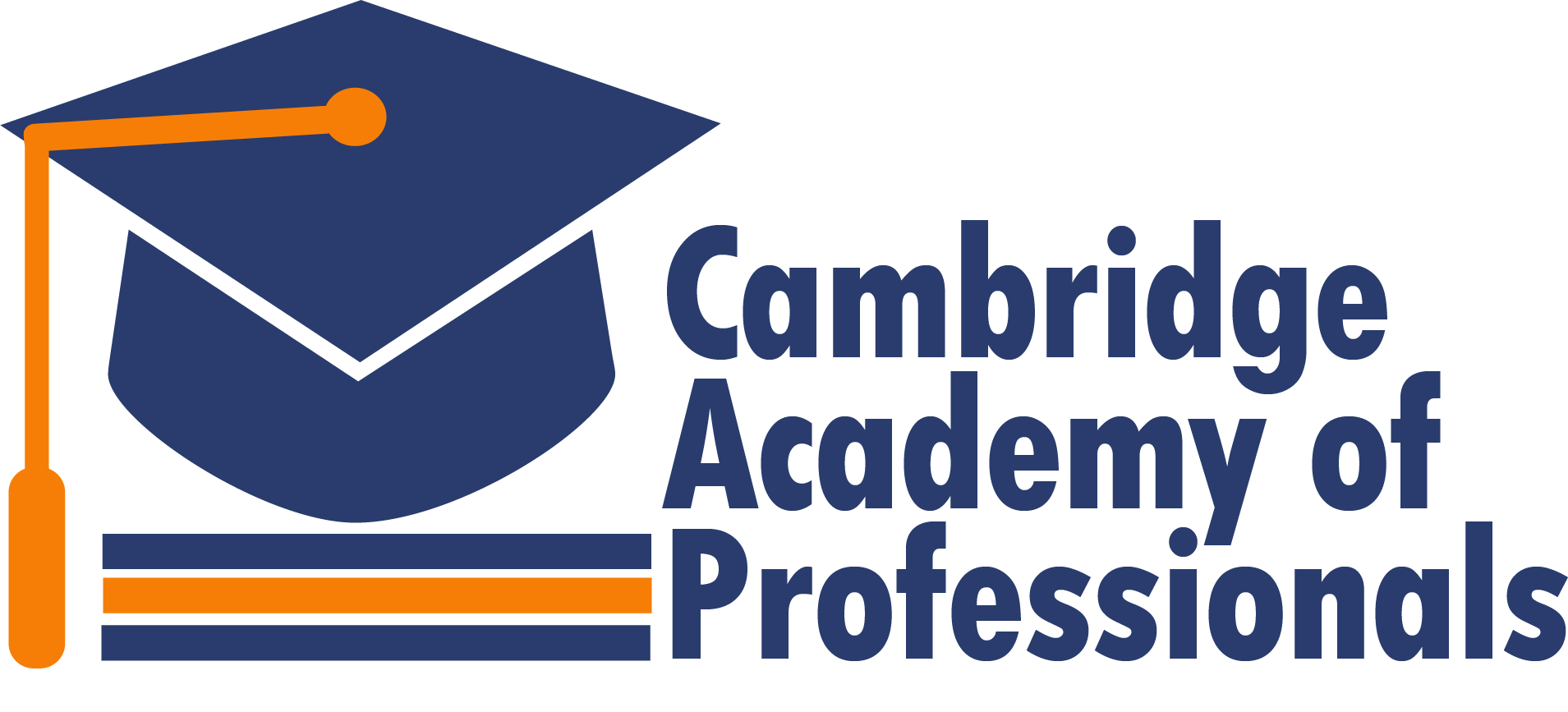

Certified Budget & Cash Flow Management Specialist [CBCMS]-Self Paced
The Certified Budget & Cash Flow Management Specialist course focuses on essential skills to effectively manage budgets and cash flows, ensuring financial health and stability, by learning budgeting principles, cash flow management strategies, and financial analysis techniques.
Apply NowThe Certified Budget & Cash Flow Management Specialist (CBCMS) program is designed to equip professionals with the knowledge and skills required to manage cash flow and budgeting effectively in a corporate environment. Efficient cash flow management is essential for maintaining financial health, improving liquidity, and supporting business growth. Budgeting and financial planning play a critical role in ensuring that businesses can allocate resources effectively, meet financial obligations, and invest in future opportunities.
This program covers essential topics such as cash flow forecasting, working capital management, budgeting techniques, financial planning, debt management, and financial distress prevention. Participants will learn how to analyze cash flow, create and manage budgets, control expenses, and improve financial performance.
Through a combination of theoretical insights, real-world case studies, and hands-on exercises, participants will develop the ability to make strategic financial decisions, improve business liquidity, and enhance profitability. Upon completion, participants will have the expertise and confidence to manage corporate budgets, control cash flow, and drive business success.
By the end of this program, participants will be able to:
- Understand the Fundamentals of Cash Flow Management – Develop a solid understanding of cash flow management principles.
- Improve Working Capital Efficiency – Learn how to manage working capital to improve business liquidity.
- Develop Cash Flow Forecasting Skills – Learn how to predict and manage cash flow patterns.
- Prevent Financial Distress – Develop methods to identify and mitigate financial risks.
- Master Budgeting Techniques – Learn how to create and manage business budgets effectively.
- Align Budgeting with Corporate Financial Plans – Develop strategies to ensure that budgeting supports overall business goals.
- Manage Debt and Investments – Learn how to balance debt management with investment opportunities.
- Use Advanced Budgeting Techniques – Develop methods to improve budget accuracy and flexibility.
- Develop Strategic Financial Planning Skills – Learn how to align financial plans with business performance.
- Control and Optimize Cash Flow – Develop methods to control cash flow and improve financial stability.
Modules:
M-1: Introduction to Cash Flow Management
M-2: Concept of Working Capital, The Magic Number, Free Cash Flow
M-3: The Introduction to Cash Flow Forecasting
M-4: Financial Distress and How to Avoid It
M-5: Introduction to Budgeting
M-6: Corporate Financial Planning
M-7: Preparing & Managing Budgeting to Support Financial Plans
M-8: Managing & Controlling Cash Flow to Support Financial Plans
M-9: Managing Debt, Saving & Investing
M-10: Advanced Budgeting Techniques
Pre-Course Assignment
M-1: Introduction to Cash Flow Management
M-2: Concept of Working Capital, The Magic Number, Free Cash Flow
M-3: The Introduction to Cash Flow Forecasting
M-4: Financial Distress and How to Avoid It
M-5: Introduction to Budgeting
M-6: Corporate Financial Planning
M-7: Preparing & Managing Budgeting to Support Financial Plans
M-8: Managing & Controlling Cash Flow to Support Financial Plans
M-9: Managing Debt, Saving & Investing
M-10: Advanced Budgeting Techniques
Upon completing the program, participants will be able to:
- Analyze and improve cash flow patterns within an organization.
- Develop and implement effective working capital management strategies.
- Create accurate cash flow forecasts and manage liquidity risks.
- Develop and manage business budgets to support financial goals.
- Improve financial health and avoid financial distress.
- Optimize debt and investment strategies to improve profitability.
- Control cash flow to improve financial flexibility and stability.
- Develop and implement corporate financial plans.
- Use advanced budgeting techniques to improve budget accuracy.
- Align financial strategy with overall business performance.

This program is Validated and Quality Assured by Cambridge Academy of Professionals (CAP) UK. [www.acbrimdgeacademy.uk/]
Features:
Duration: 4 Months
Short Video Materials: Yes
Mode of Learning: Self-Paced
Exam Method:
- Number of Exams: 01
- Number of Questions: 50 MCQ Questions
- Duration: 60 Minutes
- Total Marks: 100
- Pass Mark: 70%
Assignment:
- Total Assignments: 05
- 01 Pre-Course Assignment (Learning Purpose)
- 03 Class Based Assignment
- Total Marks: 100
- Pass Mark: 70%
- 01 Capstone Projects
- Total Marks: 300
- Pass Mark: 70%
Name: James Mwangi
Designation: Financial Manager
Country: Kenya
"This course gave me the skills to improve cash flow efficiency and reduce financial stress in my company."
Name: Abigail Mensah
Designation: Treasury Analyst
Country: Ghana
"Learning about advanced budgeting techniques helped me create more accurate budgets and improve financial planning."
Name: David Banda
Designation: Financial Controller
Country: South Africa
"The debt and investment management module gave me the confidence to manage corporate debt more effectively."
Name: Sarah Okeke
Designation: Finance Consultant
Country: Nigeria
"Cash flow forecasting was a game-changer for me in managing short-term liquidity challenges."
Name: Joseph Kamau
Designation: Business Analyst
Country: Tanzania
"The working capital and free cash flow module helped me improve our company's financial health."
- 10 Practical Focus Module
- Post Completion:
- Electronic Certificate
- Digital Badge via Credly.com
- Printed Certificate available
- Cash Flow Management
- Proficiency in managing cash flow to improve liquidity and financial health.
- Budgeting and Financial Planning
- Skill in creating and managing business budgets.
- Working Capital Management
- Ability to manage working capital to improve business flexibility.
- Financial Forecasting
- Competence in predicting and managing cash flow patterns.
- Risk Management
- Skill in identifying and mitigating financial risks.
- Debt and Investment Management
- Expertise in balancing debt management with investment opportunities.
- Expense Control and Cost Management
- Ability to control costs and improve operational efficiency.
- Strategic Financial Planning
- Skill in developing financial strategies aligned with business goals.
| Live Chat | Enabled |
| Regular Fee | $ 420.00 |
| Special Fee | $ 295.00 |







